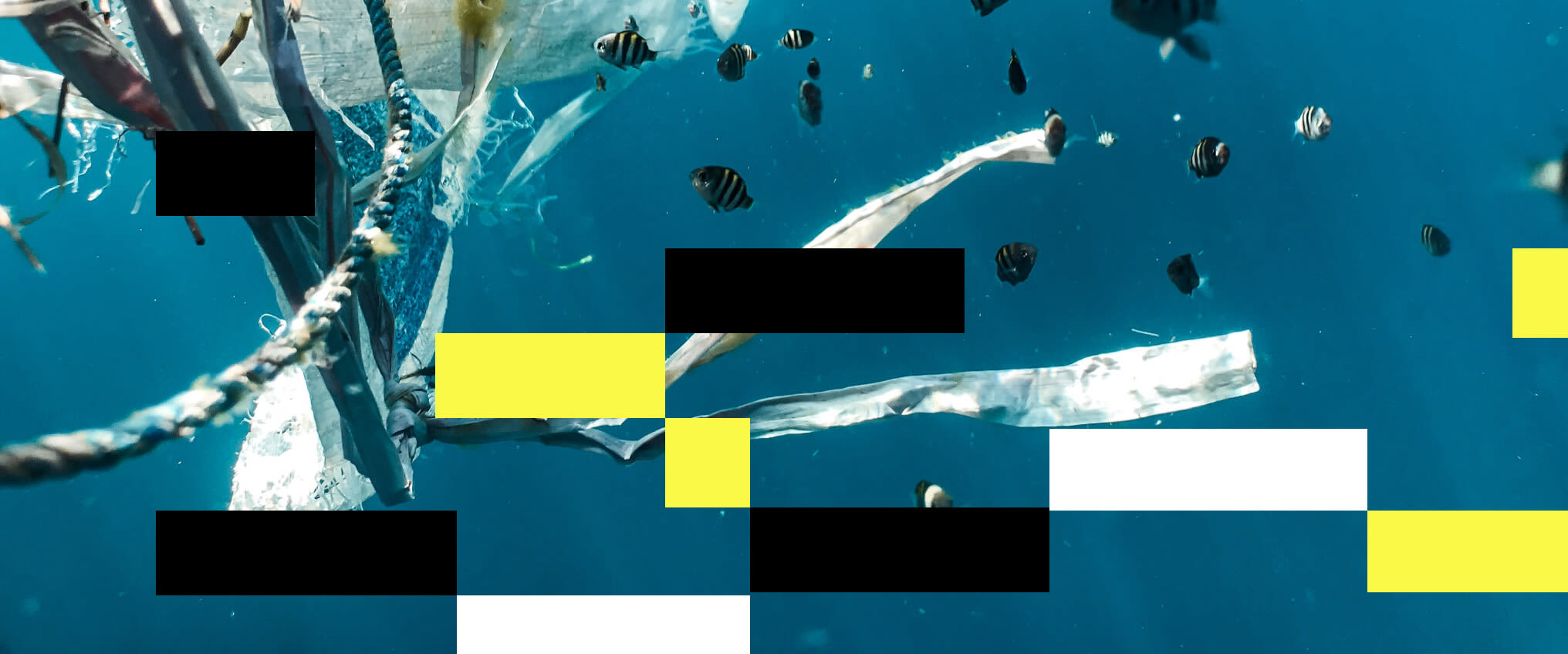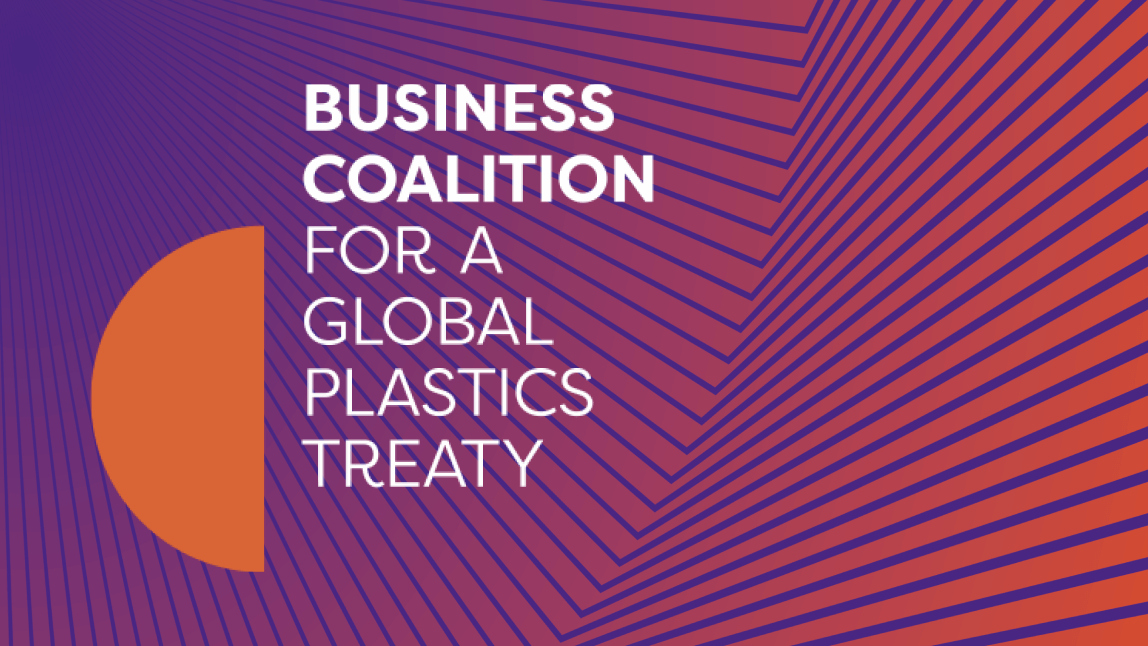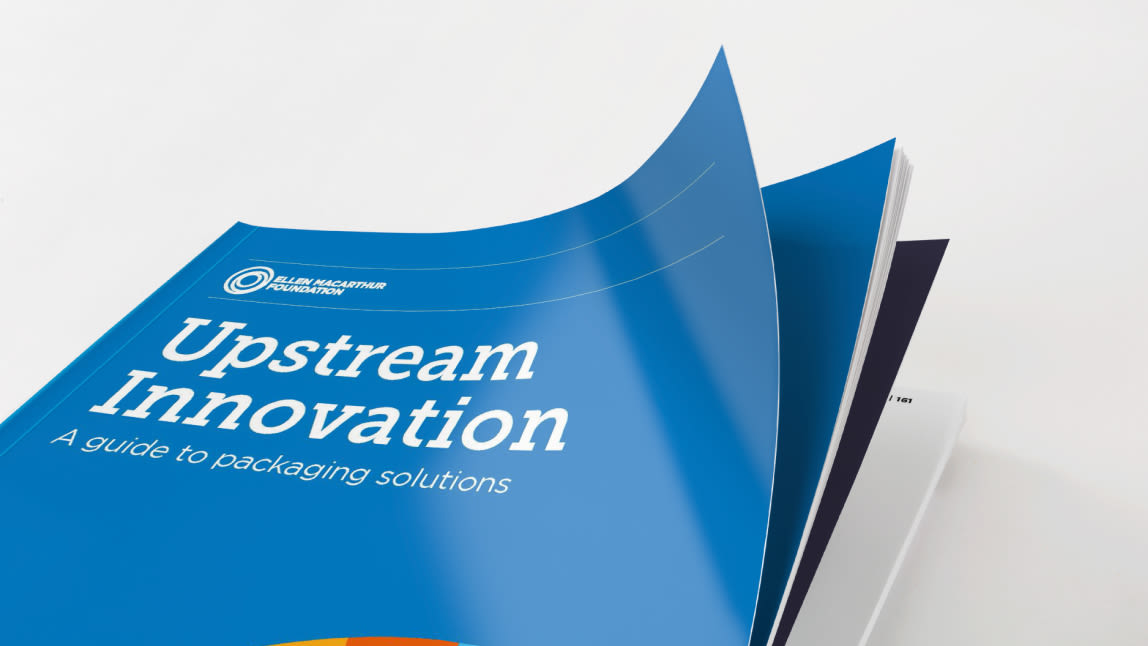We applaud and welcome the decision taken at UNEA 5.2 yesterday, 2nd of March, where UN member states agreed on the adoption of a mandate for an International Negotiating Committee (INC) to develop a legally binding UN Treaty on plastic pollution.
It is the first time that UNEA adopts a negotiation mandate for a new legally binding multilateral environmental agreement, and we commend UN member states for their determination to act.
The resolution includes explicit references to the circular economy, full life cycle and sustainable production and consumption. It underlines the importance of promoting a circular design of products and materials so that they can be reused, remanufactured or recycled and therefore retained in the economy for as long as possible along with the resources they are made of, as well as minimising the generation of waste. It also encourages action by all stakeholders, including the private sector, and calls upon all UN member states to continue and step up their activities, whilst also recognising the significant contribution made by workers under informal and cooperative settings to collecting, sorting and recycling plastics in many countries. It promotes cooperation at the global, regional, national and local levels, recognising the need to strengthen global coordination and governance to take immediate actions.
The UNEA 5.2 resolution represents a historic moment, but is just the beginning. There are key priorities the negotiation process must address, taking advantage of this landmark decision to put in place a treaty that can have real and ambitious impact towards a circular economycircular economyA systems solution framework that tackles global challenges like climate change, biodiversity loss, waste, and pollution. It is based on three principles, driven by design: eliminate waste and pollution, circulate products and materials (at their highest value), and regenerate nature. for plastics. The new treaty should:
Include legally binding elements to prevent a patchwork of disconnected solutions, create a level playing field, and set the right enabling conditions to scale up circular economy solutions worldwide.
Address the full life cycle of plastics, including product design, aiming to keep plastics in the economy and out of the environment, reduce virgin plastic production and use, and decouple plastic production from the consumption of finite resources.
Provide a global common vision and harmonised standards that strengthen global coordination, and align stakeholders behind a common understanding and a shared approach to address plastic pollution.
Recognise the significant contribution made by workers under informal and cooperative settings to collecting, sorting and recycling plastics in many countries, and that they must be included as key stakeholders in the negotiation of the UN treaty on plastic pollution.
The International Negotiating Committee will begin its work to deliver on the agreement laid out at UNEA during the second half of 2022, with the ambition of completing it by the end of 2024.
This is a key moment in the effort to eliminate plastic waste and pollution on a global scale. The mandate agreed by UN member states opens the door to a legally binding treaty that deals with the root causes of plastic pollution, not just the symptoms. Critically, this includes measures considering the entire lifecycle of plastics, from its production, to product design, to waste management, enabling opportunities to design out waste before it is created as part of a thriving circular economy.
- Ellen MacArthur, founder and chair of trustees of the Ellen MacArthur Foundation
The resolution is the most significant environmental multilateral deal since the [2015] Paris accord. It is an insurance policy for this generation and future ones, so they may live with plastic and not be doomed by it. - Via The Financial Times
- Inger Andersen, Executive Director of the UN Environment Programme (UNEP)










